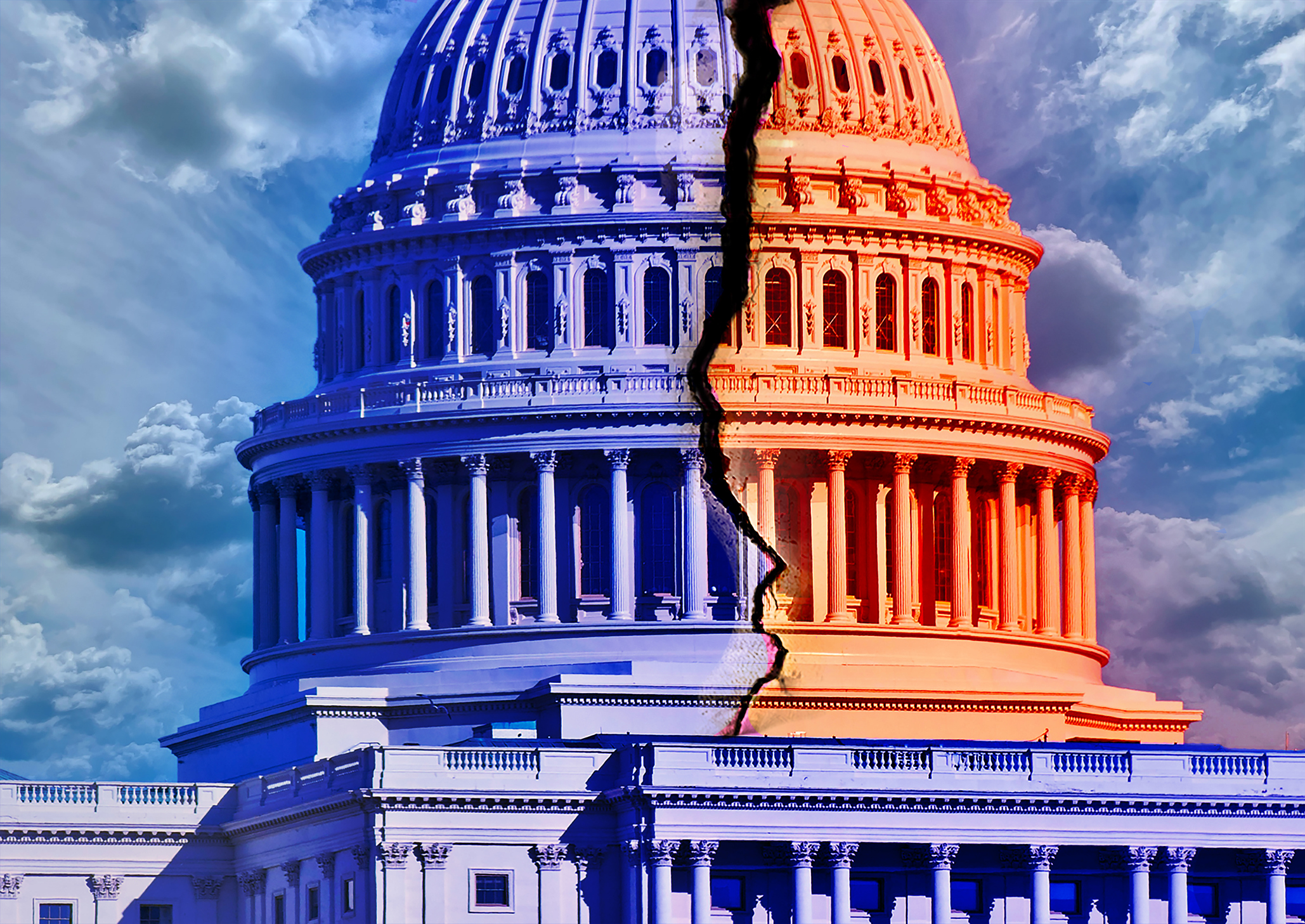Many Americans have been shocked by the frequency with which people who claim to love our democracy have supported blatantly undemocratic efforts to limit people's ability to vote or to selectively discard votes already cast. Unfortunately, this sort of democratic backsliding is far from a US-specific problem. Despite widespread support for democracy in countries like Venezuela and Hungary, people have turned out in large numbers to vote for autocrats.
A new study performed in the US suggests at least one explanation for the problem: People across the political spectrum appear to believe their political opponents are likely to take anti-democratic action if given the opportunity. And the strength of this belief correlates with a slightly increased willingness to take those actions first.
Nobody says they like this stuff
The finding, from a University of California, Berkeley-Massachusetts Institute of Technology collaboration, is based on demographically representative survey populations, which were asked about several potential anti-democratic actions. For example, those surveyed were asked if they agreed with reducing the number of voting facilities in towns that support the opposing party. Similar questions got at things like banning rallies, limiting freedom of expression, ignoring court rulings, or resorting to violence. After being asked for their own opinions, people were then asked whether they thought their political opponents supported these anti-democratic approaches.
The good news is that, based on these surveys, nobody—neither Democrats nor Republicans—personally supported these ideas. The bad news is that everybody believed that their opponents had much higher levels of support for these policies than they actually did. (This is not an effort to both-sides the US's issues with support for democracy; we'll come back to that below.)
One trend that was apparent in the data: The more you were willing to believe that your opponents were likely to support the subversion of democracy, the more you supported taking those steps yourself. To test whether this might be causal, the researchers did a variation on the initial survey. This time, people were asked about whether they thought their political opponents supported the anti-democratic actions and then were told the actual low degree of support the actions had. Only after being corrected about their opponents were they asked for their support for taking these actions.
Doing things in this order reduced support for these attacks on the democratic process. The effect was small because support was pretty low to start with, but it was consistent across questions. This indicates that at least some support for subverting democracy comes from people fearing that their political opponents want to subvert it themselves.
The results were also replicated as part of the Strengthening Democracy Challenge, where it was tested in a study with over 32,000 participants as a means of reducing anti-democratic attitudes. In that work, it was the most effective intervention of everything tested.
In the real world
As mentioned above, this isn't an attempt to pin the US's wavering support for democracy on both sides of the political spectrum. The paper's authors are very clear that the rhetoric that can drive these beliefs is disproportionately coming from Donald Trump, who continues to refer to the most recent presidential election as rigged and stolen. And this has been a feature of his strategy from the start, as the authors note that Trump's website asked his supporters to “Help Me Stop Crooked Hillary from Rigging this Election!" back in 2016.
And they highlight the risk that this could be both a way to attract political support and a means of convincing supporters to allow further authoritarian actions in the future. "If the dynamic we describe is indeed present in the United States," they write, "our findings suggest that Trump’s relentless claims about Democrats stealing elections fosters support among Republicans for Trump’s overstepping of democratic norms in the name of ‘saving democracy.’"
The researchers suggest that the best way to undercut this support is to have members of the Democratic Party focus on reasserting their commitment to democracy, which should lower support for unilateral anti-democratic actions among Republicans.
All of this makes sense, given these results, but it doesn't entirely capture the political dynamics of the US at present. For one, regardless of how most Republicans feel personally about their support for democracy, the party as a whole has yet to distance itself from Trump and other politicians who are taking actions to undercut it. So there has been a large gap between belief and behavior that the study doesn't account for.
The second issue it raises is how Democrats should best respond to the situation. It would be consistent with this research to point out that false claims of stolen elections can threaten democracy. Doing so, however, would likely increase the belief that Republicans support anti-democratic measures, which poses the risk of increasing support for anti-democratic efforts by Democrats. It's not at all clear how to best navigate that.
Another potential issue here is that this work doesn't provide a sense of whether this dynamic is a general one, or if it's specific to the current politics in the US. It shouldn't be difficult to repeat these studies in additional countries, both those with functioning democracies and those where backsliding has occurred. This should provide a better sense of whether the behavior seen here is a general feature in democracies.
Nature Human Behaviour, 2023 DOI: 10.1038/s41562-023-01594-w (About DOIs).


